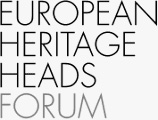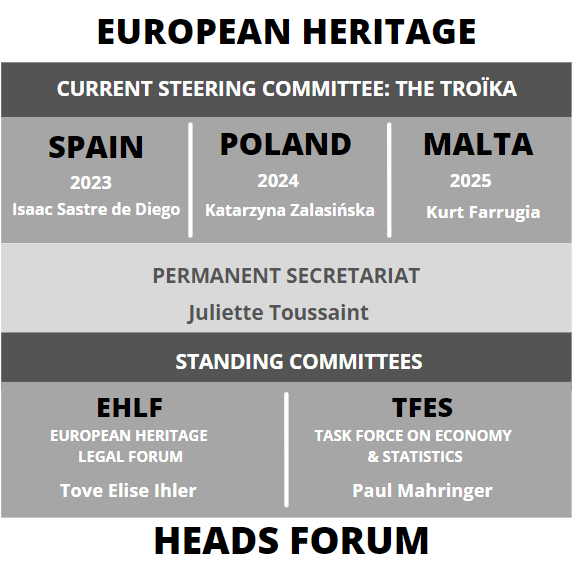Monuments and Sites de-colonial! will be dealing with the architectural relics of the German colonial era and investigating post-colonial strategies of appropriation and critical communication regarding these buildings. In addition to possible references to pre-colonial legacies, the focus will be primarily on the period of the German colonial era from around 1880 to 1920. The spectrum of case studies will refer both to the territory of the German Empire itself at the time, as well as to the former German colonies in Africa, East Asia and the South Pacific.
With regard to the identification, systematic inventory and visualization of colonial-era individual buildings and ensembles, of monuments and even entire cities and infrastructural landscapes, as well as of today’s commemorative and memorial sites and places, the focus of interest will primarily be on the political, civic and architectural / artistic forms of appropriation on site and the strategies of dealing with them in terms of scientific methodology and monument conservation.
The two-day symposium aims to increase the visibility and knowledge of this architectural heritage from the German colonial era and to promote dialogue with today’s custodians or those concerned
on site. Four sections will question for instance: Which architectural traces of German colonialism are still visible today in Germany and in the former German colonies? How can these buildings be identified and documented, especially with regard to their post-colonial existence? Which contemporary methods and critical strategies of dealing with former German colonial architecture are emerging today? How can these methods and strategies be systematically documented and under-
stood? And how do today’s users and custodians or heirs and heritage communities on the territory of the former German Reich and in the former German colonies in Africa, Asia and Oceania contribute to the decolonization of this building stock? How can constructive dialogue and professional exchange in the sense of “shared heritage” be promoted beyond today’s national borders?
The conference will be a cooperation between ICOMOS Germany (Homepage) and the TU Munich (Project Homepage). Selected papers will be published after the conference in the series ICOMOS –
Journals of the German National Committee.
Proposals with the title of the paper and an abstract of 200 words maximum, a short CV and the affiliation of the speaker(s), as well as any queries regarding the content of the symposium, are requested by 10 August 2023 to icomos@icomos.de.



